As a kid on the playground I let the words “oh my god” casually slip off my tongue nearly every recess. I never knew what they meant and I didn’t really care. It didn’t seem like anyone else at my public elementary school gave it much thought either.
Growing up, religion was never very present. Sure, I knew kids who went to church, bragging about taking a sip of wine every sunday or who gathered around a menorah for presents instead of a christmas tree but it wasn’t a big deal. It never felt like I was missing out on anything. Sometimes I questioned my friends about why they had dirt smudged on their foreheads or who came down their chimney if it wasn’t Santa and was grateful my family decided to ignore these odd traditions.
Then came fifth grade.
My parents were concerned that the local middle school wouldn’t be able to support me academically so they looked into alternative options. It was decided that St. Benedict Catholic School would suit my needs. Although it was disappointing to no longer be at the same school as my best friends, I was excited and curious about this new chapter.
The first thing we saw touring the school was the church. I was in awe of the tall ceiling arches, colorful stained glass and small marble fountain. The most breathtaking sight though, was the large statue of a man hanging from a cross at the front. I remember whispering to my mom “Who’s that guy on the plus sign?”
During that first week of 6th grade I learned that the man on the cross was Jesus, the son of God. I could no longer get away with taking the Lord’s name in vain in the middle of an intense game of tag. That year I learned a lot. The idea of religion was fascinating to me, people all over the world following the same set of rules, written in the same old book. It also seemed so comforting, believing there was an omnipotent being looking out for everyone. So I decided to believe. I prayed every night, attended church with my friends’ families and even tried confession. My goal was to “catch up” on faith after all that time spent not knowing.
After a couple of years though, things changed. Religion classes became repetitive, the stories sounded unbelievable and a lot of what was taught didn’t feel right. God is supposed to be love, so why do people use his lessons to justify hate? I was no longer excited by the prospect of a God with unpredictable plans. Instead, I was angry. Angry that an all powerful being was letting all these terrible things happen. My rationale became that if God was real then he didn’t care about humanity and or had no control. There wasn’t a point in believing. I found many of my peers who had grown up religious were experiencing something similar.
The frustration I felt for the entire concept of faith affected everything. I saw members of the church as ignorant, stopped listening in theology class, and took all opportunities to skip out on school required mass. This ideological crisis flipped my entire perspective of the world. I considered transferring back to public education.
Over spring break, I met a man whose teenage daughter had passed away very suddenly from a brain aneurysm. Somehow in conversation we got on the topic of God. He asked about my opinions and listened carefully. I expected him to challenge my point of view but instead he agreed, my ideas made sense.
Then he told me “ Even though I don’t know for sure, I choose to believe, because it makes me happy.”
This man had suffered unimaginable loss, yet he discovered a way forward. Who was I to argue that he was wrong. After all, for him it was exactly right. Faith is the promise of a better future and that vow is necessary for survival. I attain this hope through other aspects of life, as do many, but that’s okay. One practice does not diminish the rest. Everyone can live joyfully without preventing others from doing the same. This is how mankind thrives–coexistence.


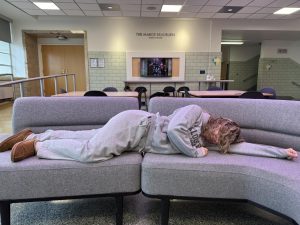


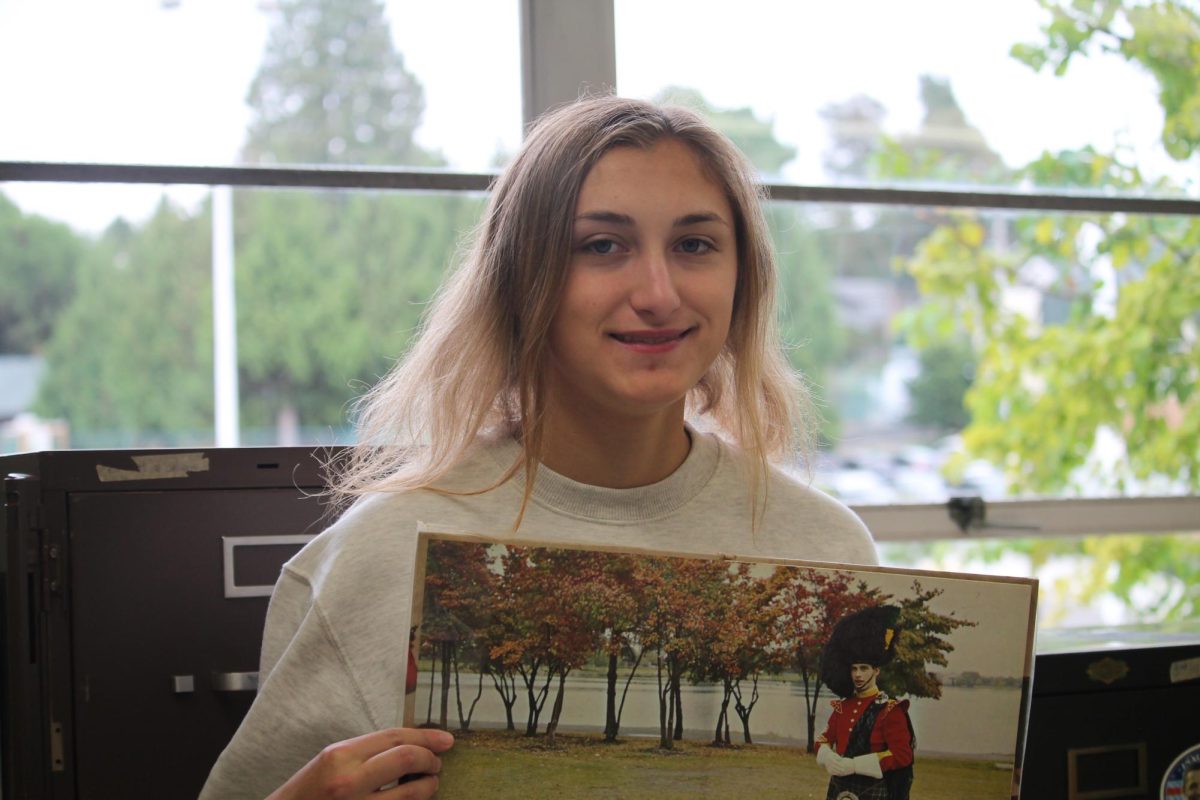

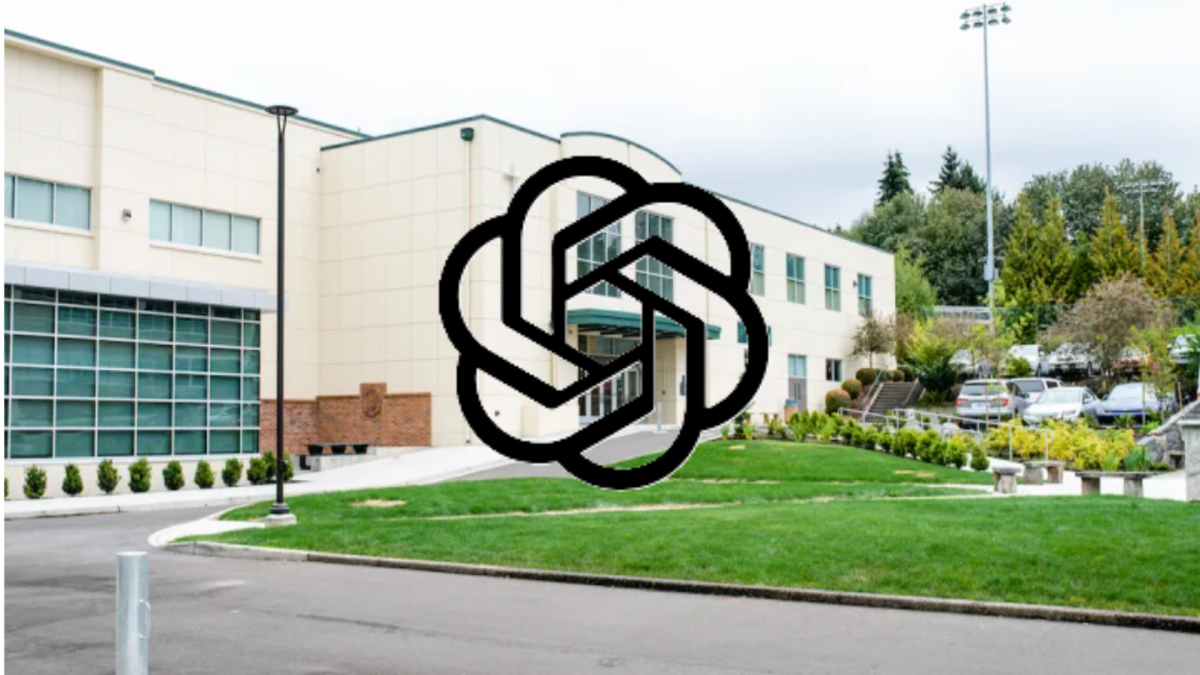

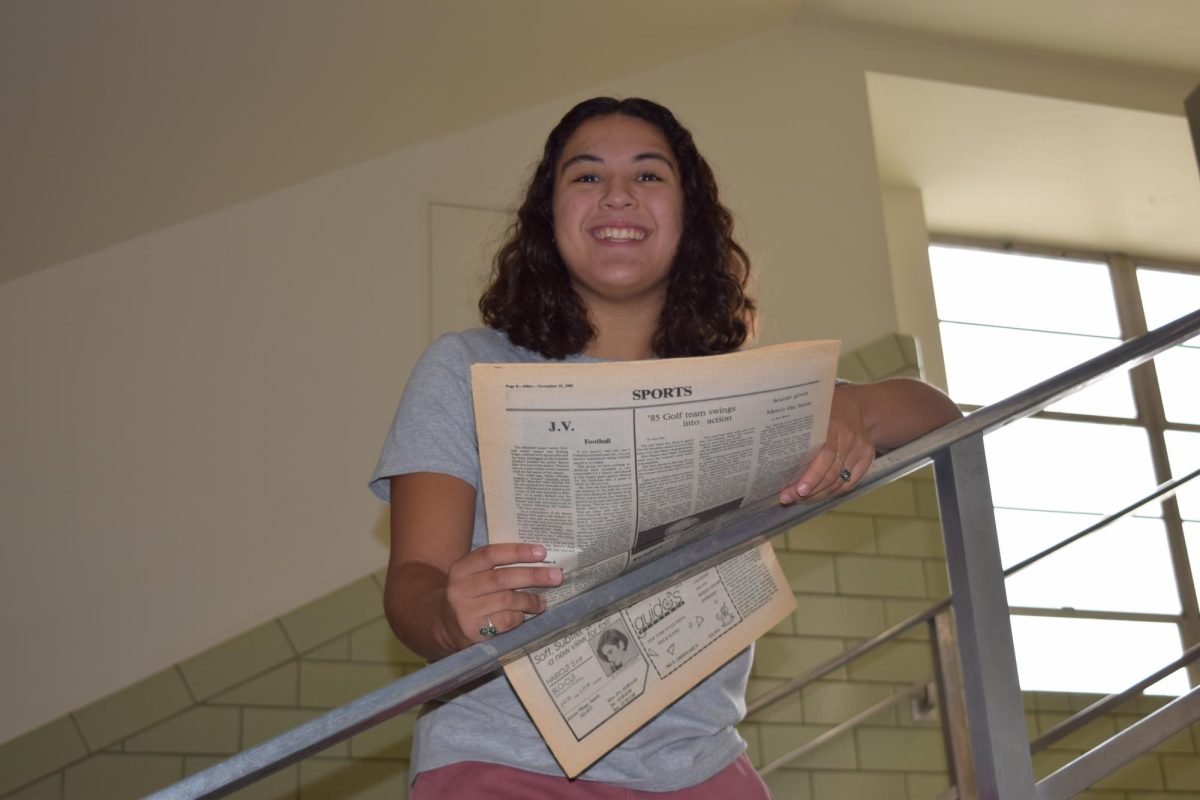
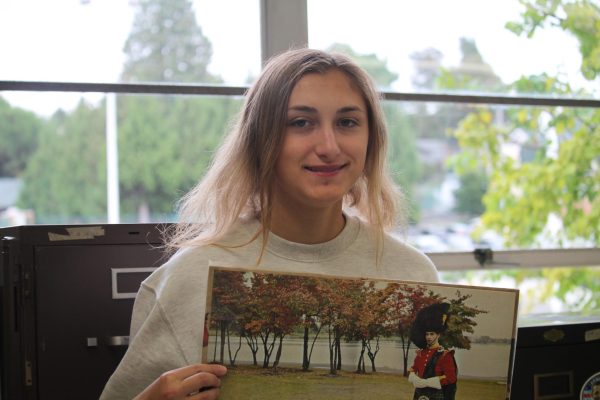
Ellen Graham • Apr 30, 2024 at 5:04 pm
WOW! Really insightful and honest reflection. Thank you for sharing, Lila!